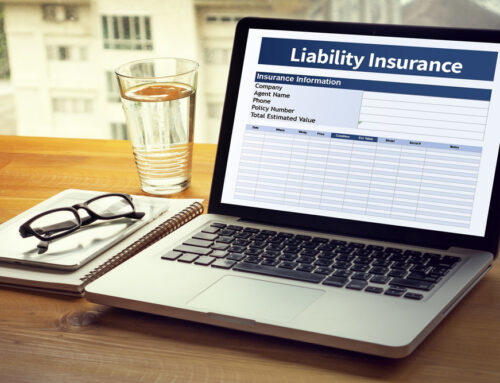
Why Regular Home Insurance Isn’t Enough
If you’re renting out your home or investment property through a short-term rental, your standard homeowner’s insurance won’t cover everything. Traditional home insurance is designed to protect you against personal use risks, not those associated with short-term rentals. Once you start inviting paying guests into your space, you’re introducing new types of liability and potential damage that your current policy might exclude. Even if short-term rental property offers host protection, it may not be sufficient to fully cover large claims or gaps in coverage. It’s essential to know where your regular policy ends and where extra protection needs to begin.
Understanding the Unique Risks of Hosting
Renting your home to short-term guests means new exposures—both for your property and your finances. Accidents happen, and guests may unintentionally damage furniture, appliances, or even structural elements of the home. More serious issues, such as a guest getting injured on your property or causing damage to a neighbor’s property, can result in expensive claims. You also need to consider potential loss of income if your listing becomes unusable due to repairs or claims. These are not situations for which standard homeowner’s insurance is designed, which is why short-term rental property owners need coverage tailored to the business of short-term rentals.
The Role of Short-Term Rental Insurance
Short-term rental insurance fills the gaps your regular policy leaves open. This type of insurance typically combines elements of homeowner’s insurance, landlord insurance, and business insurance. It can include liability protection, coverage for guest-caused damages, loss of rental income, and even legal expenses in the event of an issue. Whether you’re hosting occasionally or running a full-time short-term rental property, having this coverage adds a layer of security that aligns with how you use your property. You won’t have to worry about denied claims or hidden exclusions when a guest’s stay doesn’t go as planned.
Short-term Rental Property Host Guarantee Isn’t a Replacement
Short-term rental property does offer a host guarantee, but it’s not an actual insurance policy, and it comes with limitations. It doesn’t cover cash, collectibles, or certain types of damage—and it won’t help with liability claims from injured guests or third parties. Relying solely on what Airbnb provides leaves you vulnerable to financial risks that could easily be prevented with the proper coverage. Think of the host guarantee as a helpful supplement, not a safety net. For genuine peace of mind, consider a dedicated insurance policy tailored to your specific setup and hosting frequency.
How to Get the Right Coverage for Your Short-term Rental Property
Every short-term rental property setup is different, so your insurance should reflect how often you rent, whether the property is your primary home, and what kind of risks you face. Working with an insurance provider who understands the short-term rental market can help you customize a plan that fits your situation. You’ll want to ensure the policy includes coverage for liability, property damage, and business interruption. It’s also helpful to review your city’s local regulations and any HOA requirements, as they may affect what type of insurance you need to carry.
Protect Your Hosting Business the Right Way
If you’re earning income through short-term rental property or short-term rentals, don’t leave your investment unprotected. Koda Insurance Services can help you find the right coverage for your property, your guests, and your peace of mind. Contact us today at (619) 600-5550 or complete our online form to get started. Make sure your short-term rental propertyhosting stays profitable—without unexpected risks.




